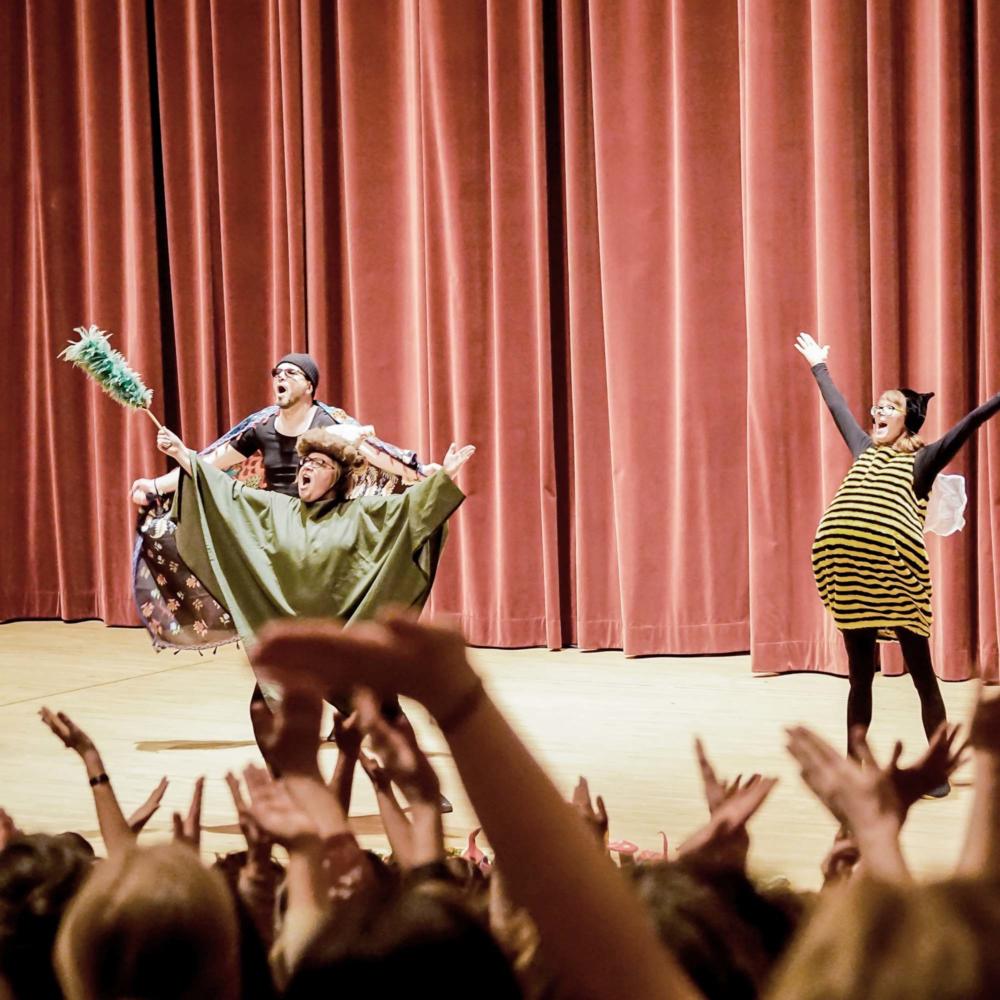World Educators' Conference
More than 1000 Waldorf educators took part in the International Early Childhood Conference Inner Freedom – Social Responsibility. Finding Paths to a Human Future, which was hosted by the Goetheanum from 15 to 19 April.
Waldorf education aims to support children in discovering their own impulses and developing their own potential for self-realization. The longer they can openly follow their own motivation, the more broadly can they develop their abilities. «The children's developmental prospects are based on their first years of life and extend far into adulthood,» says Florian Oswald, co-director of the Education Section at the Goetheanum. «And we include the time before birth».
Appreciating the work with children
The implementation of this ideal depends on the cultural and regulatory conditions in the country where the child grows up. The Waldorf movement is looking for forms of cross-country, cross-linguistic and cross-religious cooperation in the sense of the threefold nature of the social organism. For Rudolf Steiner it helps to understand and develop the various areas of society – culture (intellectual life), legislation (legal life) and trade (economic life) – and their respective principles and natural laws. One area of supranational cooperation is the International Association for Steiner/Waldorf Early Childhood Education (IASWECE). Here, educators from America, Europe, Asia and Oceania use reports, conversations and study projects to gain an impression and understanding of young children's current situation; for example on topics such as ‹sleep› and ‹digital media›.
«The Waldorf movement wants to draw attention to the crucial importance of childhood and adolescence,» adds Philipp Reubke of IASWECE. «It is important therefore, that the work of nursery school teachers, kindergarten teachers and nannies be valued accordingly».
Translation by Bettina Hindes

